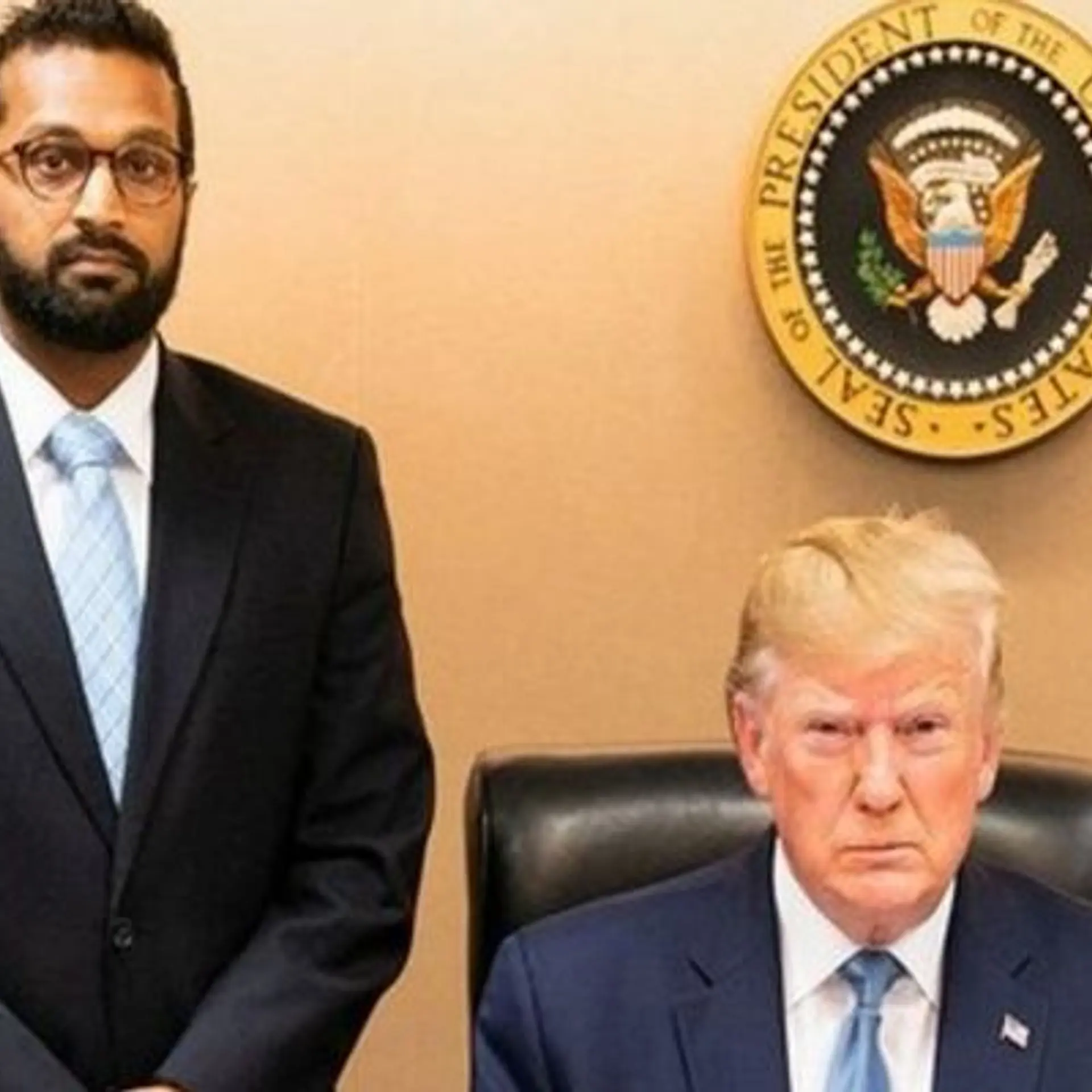Developing sustainable businesses for social change
Monday November 16, 2009 , 4 min Read
Think about the last time you had an idea about solving a community issue in your area! A thousand questions might have hit you – Whether the problem is real? Is the idea feasible? Will people buy it? Who will support me to implement this idea? Where will I get funding and mentorship from? Is there a community out there who supports this? Well, if you are a student and studying at one of the universities enlisted below, here is what you have been looking for – an institute, which creates sustainable businesses for social change.
The Acara Institute is a non-profit organization, does this by conducting the Acara Challenge, a program that uses best practices from industry in concert with university courses to enable students to create real businesses. The program matches university students with counterparts in another country (USA, India and Mexico in 2010) and industry mentors and challenges them to develop solutions to difficult problems, such as the lack of clean water and energy in urban slums. Acara Institute is inclusionary and taps into the passion of its volunteers, business partners, university participants, and like-minded organizations and individuals.
The theme of the Acara Challenge 08-09, its first edition, was to develop an affordable and sustainable mechanism and business model for reuse and/or recycling of water in an economically disadvantaged area in Mumbai, India. Three universities – University of Minnesota, Illinois Institute of Technology and Indian Institute of Technology, Mumbai participated along with a high school team – Leanardo’s Basement, Minneapolis. The winning proposal, ReachOut Water, addresses issues of water quality and availability to potentially hundreds of thousands of individuals in Mumbai. The program is planned to be housed in the existing Slum Sanitation Program buildings, utilizing its preexisting customer base and infrastructure. The business combines source water storage with UV water treatment and a novel distribution system to supply 50L of clean, low-cost water to community participants and 10L of potable water to pay-per-use customers at a reasonable rate. ReachOut Water Solutions has received Phase I seed funds from the government of India and Acara Institute is currently in the process of procuring the fund and start the company in India.
The 2010 Challenge will focus on two issues – Clean Water and Clean Energy. A tentative list of participating universities for Challenge’10 are Arizona State University, Cornell University, Duke University, Illinois Institute of Technology, University of Illinios – Chicago, University of Hartford and University of Minnesota, Mumbai, Indian Institute of Technology (IIT) Roorkee, KIIT University, Bhubaneswar and Vellore Institute of Technology(VIT), Vellore and Instituto Tecnológico Autónomo De México from Mexico City.
Acara was founded by Fred Rose (CEO) and Erin Binder (Chairman of Board and Director of Marketing). Fred has over 25 years of technology and business development experience, most recently as Director of Technology Strategy, Honeywell where he was responsible for strategy and development programs in India, US and China. He is the co-founder of High Tech Kids and has experience in wide range of technology R&D, emerging markets and global development teams. Erin is a Manager of Business Development at 3M and is also the Co-founder and VP at Innuity. She has experience in business development, strategic planning and operations in high tech businesses.
Acara relies on individuals and organizations with an interest in social change, and an experience or desire in areas relating to engineering, business development, education, social issues, natural sciences, finance, product development, supply chain or other areas relating to creating a real, sustainable difference. The areas of focus for 2010 are energy and water, but Acara is also committed to building programs in health and medicine, sustainable agriculture, environment. As Acara ramps up its programs in India, US, Mexico and ultimately to Africa, Latin America and other region, they will rely on Program Managers to manage University relationships.
Acara’s university teams rely on mentors who can guide them through various aspects design thinking and commercialization process. Mentors provide business and/or engineering expertise to teams throughout the challenge and in some cases, help to launch the business as well. Mentors may be working professionals from corporations, non-profit organizations, universities, entrepreneurs or previous Acara Challenge participants. They can help as Subject Matter Experts, Guest Lecturers, Team Mentors and Project Mentors. If you are a business or technology professional who has a deep need to “do good”, Acara would like to work with you. Visit www.acarainstitute.org for more details.






